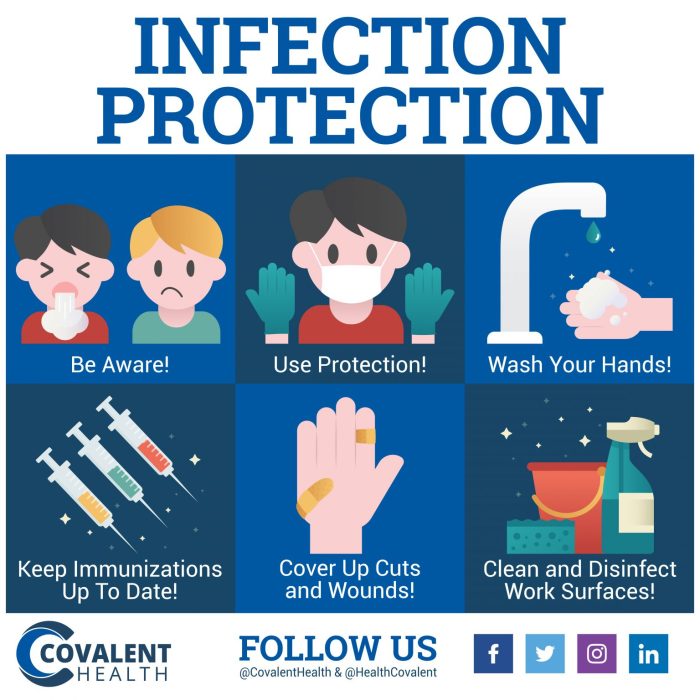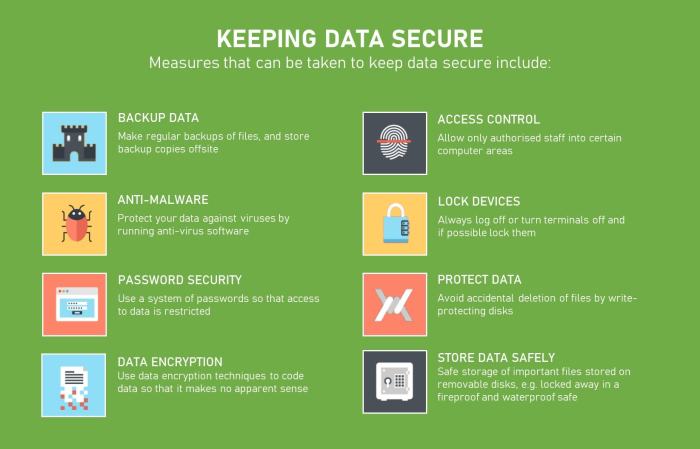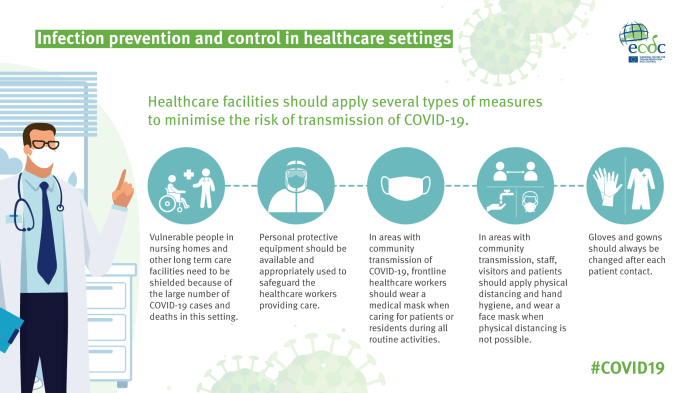Prevention is the best safeguard for breakdowns. By implementing proactive maintenance strategies, businesses can significantly reduce the risk of equipment failures, minimize downtime, and ensure optimal operational efficiency. This comprehensive guide explores the essential elements of preventive maintenance, including regular inspections, monitoring, operator training, environmental control, spare parts management, and emergency response planning.
By embracing these principles, organizations can safeguard their equipment, enhance reliability, and achieve long-term success.
Preventive Maintenance and Regular Check-ups

Regular equipment inspections and maintenance are crucial for preventing breakdowns. They allow for early detection of potential issues and prompt corrective actions, reducing the likelihood of catastrophic failures and unplanned downtime.
Implementing a preventive maintenance schedule ensures that equipment is inspected and serviced at predetermined intervals, based on manufacturer recommendations or industry best practices. This proactive approach helps identify and address minor issues before they escalate into major problems.
Specific Maintenance Tasks for Breakdown Prevention, Prevention is the best safeguard for breakdowns.
- Regular cleaning and lubrication of moving parts
- Inspection of belts, hoses, and other components for wear and tear
- Tightening of bolts and connections to prevent loosening
- Calibration and adjustment of sensors and controls
- Monitoring of fluid levels and filters
Monitoring and Diagnostics

Monitoring equipment performance and identifying potential issues early on is essential for breakdown prevention. Sensors, data loggers, and other diagnostic tools can be used to collect data on equipment operation, such as temperature, vibration, and pressure.
By analyzing this data, anomalies can be detected and addressed before they lead to breakdowns. Proactive monitoring enables maintenance teams to schedule repairs and replacements based on actual equipment condition, rather than relying solely on time-based maintenance schedules.
Operator Training and Education: Prevention Is The Best Safeguard For Breakdowns.
Well-trained operators play a vital role in breakdown prevention. They are responsible for operating equipment properly, identifying potential problems, and taking preventive measures.
Training programs should cover proper equipment usage, maintenance procedures, and troubleshooting techniques. By providing operators with the necessary knowledge and skills, they can contribute significantly to equipment reliability and uptime.
Environmental Factors and Control

Environmental factors such as temperature, humidity, and vibration can significantly impact equipment reliability. Extreme temperatures can cause component failure, while high humidity can lead to corrosion and electrical issues.
Controlling these environmental factors through measures such as temperature control systems, dehumidifiers, and vibration dampeners can help prevent breakdowns and extend equipment life.
Spare Parts and Inventory Management
Maintaining an adequate inventory of spare parts is crucial for minimizing downtime in case of breakdowns. This ensures that replacement parts are readily available when needed, reducing the time required for repairs and minimizing production losses.
Effective inventory management involves optimizing spare parts levels based on equipment criticality, lead times, and historical usage data. This helps prevent both overstocking and stockouts, ensuring optimal spare parts availability.
Emergency Response and Recovery

Despite preventive measures, breakdowns can still occur. Having a well-defined emergency response plan in place is essential for minimizing their impact.
The plan should include steps for isolating the problem, notifying personnel, implementing repairs, and restoring equipment to operation as quickly as possible. Regular drills and simulations can help ensure that the plan is executed effectively in the event of a breakdown.
FAQ Overview
What are the benefits of preventive maintenance?
Preventive maintenance offers numerous benefits, including reduced downtime, increased equipment lifespan, improved safety, and lower maintenance costs.
How can monitoring and diagnostics help prevent breakdowns?
Monitoring equipment performance and using diagnostic tools enables early detection of potential issues, allowing for timely intervention and repair before breakdowns occur.
Why is operator training important for breakdown prevention?
Well-trained operators can identify potential problems during operation and take preventive measures, reducing the risk of equipment failures.